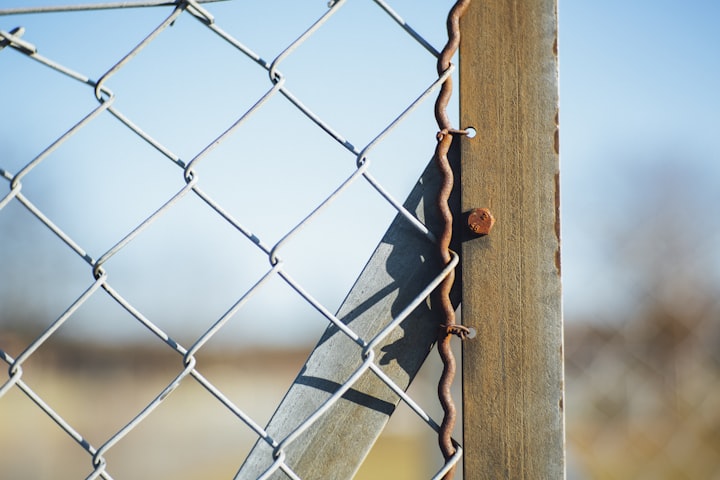Reducing Recurrence Risks Post-Surgery for Cystitis Glandularis: Effective Strategies and Preventative Measures
How to prevent cystitis glandularis recurrence?

Cystitis glandularis, characterized by the transformation of bladder mucosa's transitional epithelium into glandular epithelium, often presents as asymptomatic but can evolve into various troublesome symptoms. Without timely treatment, it can lead to severe conditions like hydronephrosis and bladder cancer. Unfortunately, this disease is prone to recurrence, with a high rate of around 60% post-surgery, as evidenced by clinical research.
Common Causes of Recurrence:
1. Incomplete Treatment: Patients often cease treatment prematurely when symptoms subside, leaving the root cause unaddressed and paving the way for recurrence.
2. Unaddressed Complications: Cystitis glandularis often coexists with other conditions such as pelvic inflammatory disease and prostatitis. Failure to treat these accompanying issues can lead to multiple infections and a higher recurrence risk.
3. Neglecting Hydration: Adequate water intake is crucial for flushing out bacteria and inflammatory substances from the urinary tract, thereby reducing the growth of bacteria and the risk of recurrence.
4. Unclean Sexual Practices: Poor sexual hygiene can also contribute to the disease's recurrence.
For managing cystitis glandularis, medication, physical therapy, and surgery are viable options. Traditional treatments like levofloxacin hydrochloride capsules and amoxicillin granules can alleviate symptoms, while bladder instillation and Chinese medicine like the Diuretic and Anti-inflammatory Pill can offer relief. Local hot compresses and massage can promote blood circulation and mitigate bladder tissue damage for less severe cases. In more serious situations, partial cystectomy can prevent cancer cell metastasis and improve the disease's prognosis.
Preventative Measures to Avoid Recurrence:
1. Hygiene and Cleanliness: Maintaining excellent genital hygiene post-surgery is not just important—it's imperative. This involves regularly and thoroughly washing the genital area with clean, preferably lukewarm water to ensure any potential pathogens are removed. This practice is crucial in minimizing the risk of cross-infection, which can be a significant concern after surgical procedures.
Additionally, it's advisable to wear underwear made from natural fibers, such as cotton, as these materials allow for better air circulation, reduce moisture buildup, and thus decrease the likelihood of bacterial growth. Proper hygiene practices play a pivotal role in fostering a conducive environment for healing and preventing any infections that could lead to a recurrence of the condition.
2. Timely Urination: Consistent and adequate hydration is another essential aspect of postoperative care. Drinking sufficient amounts of water regularly is crucial as it facilitates the production of urine, which in turn helps flush out bacteria from the urinary tract. This process is instrumental in maintaining a healthy bladder and urinary tract. It's also important to avoid holding urine for prolonged periods.
Delaying urination can have adverse effects on bladder function, potentially leading to complications such as urethritis, an inflammation of the urethra. Regular and timely urination helps in ensuring that the bladder is emptied frequently, reducing the risk of infection and contributing to overall urinary health.
3. Dietary Adjustments: The role of diet in preventing the recurrence of cystitis glandularis cannot be overstated. A balanced and nutritious diet plays a critical role in bolstering the body's natural defenses and aiding in the healing process. Incorporating a variety of fresh vegetables and fruits into your diet is highly beneficial. These foods are typically rich in essential vitamins, minerals, and antioxidants, which support immune function and promote overall health.
Additionally, it is advisable to avoid or significantly reduce the intake of certain types of foods that may exacerbate the condition. This includes raw, cold, and particularly greasy foods, as they can be harder to digest and may lead to inflammation, aggravating the bladder and potentially leading to a recurrence of cystitis glandularis. Instead, focusing on a diet that is rich in nutrients and easy on the digestive system can play a critical role in not only preventing a recurrence but also in promoting quicker recovery post-surgery.
Overall Care and Lifestyle Adjustments:
Regular hospital check-ups, treatment plan adjustments based on results, and adherence to daily care measures are critical for preventing recurrence. Maintaining a positive attitude and adopting healthy living habits, including adequate rest, avoiding smoking, and limiting alcohol, are essential for a full recovery and reducing recurrence risks.
Understanding the path from disease onset to recovery is vital. Since pathogens can linger in the body, recurrence can occur if they are not entirely eradicated. Hence, correct daily regulation, attention to rest, and the avoidance of triggers are key to ensuring the long-term effectiveness of treatment and reducing the chances of cystitis glandularis recurrence.
About the Creator
Jane Smith
Haha, just to share some health knowledge.






Comments
There are no comments for this story
Be the first to respond and start the conversation.